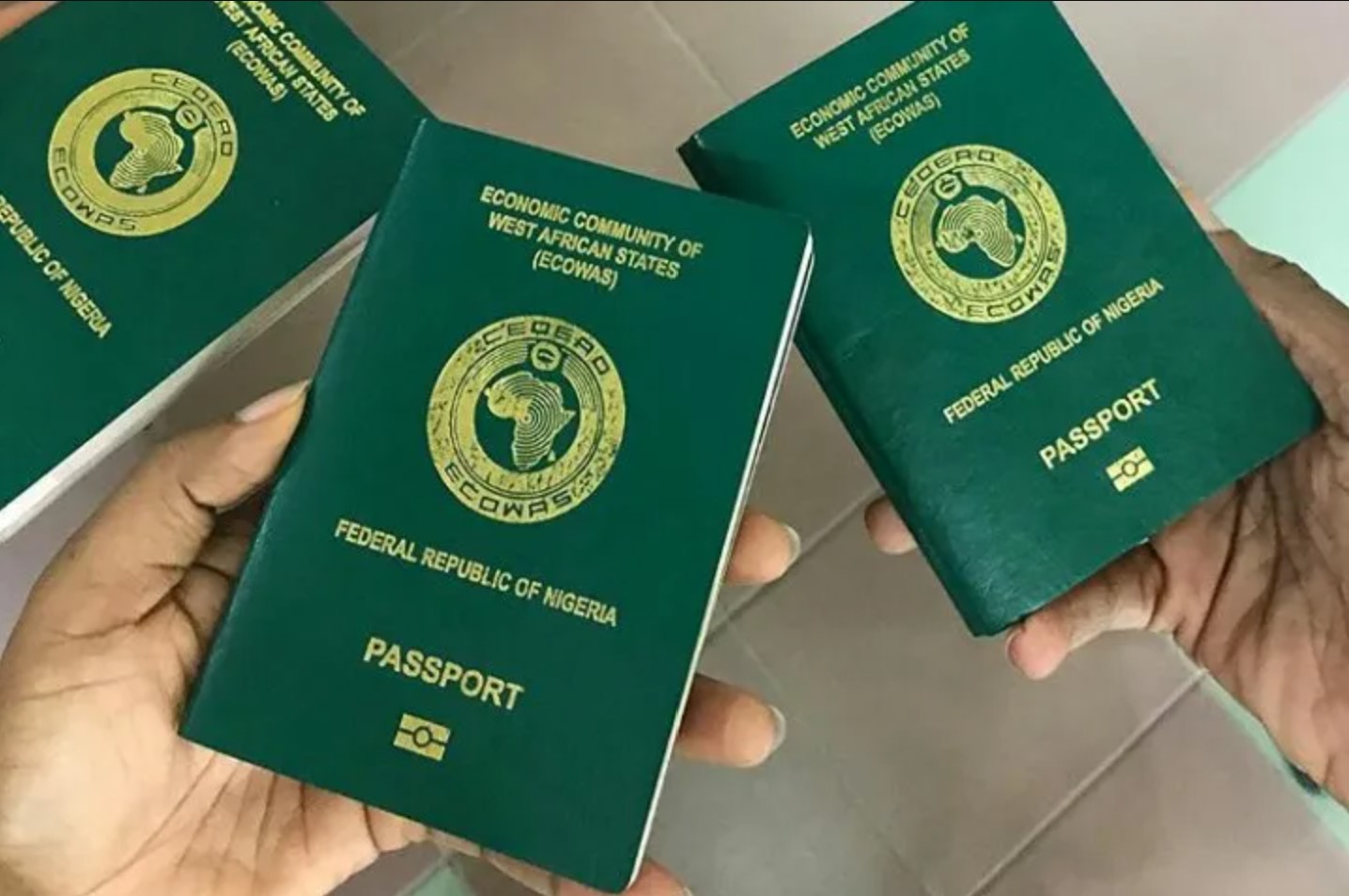
Bicycles for transportation, a topic of global concern, has found resonance within the heart of Nigeria, signaling a paradigm shift towards sustainability and environmental stewardship. The Director, Road Transport and Mass Transit Administration, Musa Ibrahim, recently emphasized this during a one-day stakeholders sensitization meeting held in Abuja. His assertion was not only insightful but reaffirmed Nigeria’s commitment to enhancing the importance of cycling within its transport matrix.
The Director’s statement aligns seamlessly with World Bicycle Day, celebrated every year on June 3rd, courtesy of a United Nations General Assembly (UNGA) resolution. This international observance, he noted, highlights “the uniqueness, longevity, and versatility of the bicycle as a simple, affordable, reliable, clean and environmentally fit sustainable means of transport.” The 2023 theme for the UN World Bicycle Day, ‘Riding Together for a Sustainable Future’, perfectly echoes the narrative that the Nigerian government, stakeholders, and proponents of sustainable transportation aim to push forward.
Moreover, proponents argue that bicycles for transportation not only serve to mitigate environmental degradation but also hold the potential for poverty eradication and the promotion of sustainable development. The Director underscored this, adding that bicycles could also strengthen education, including physical education for children and young people, promote health, prevent diseases, and facilitate social inclusion.
Emmanuel John, a champion for Non-Motorised Transportation (NMT) and the Chief Executive Officer of Ochenuell Mobility, further emphasized the ‘Power of Cycling’ during his presentation. He argued that the cycling initiative stretches beyond just climate change mitigation efforts, it presents a potent means of reducing carbon footprints significantly.
John also spotlighted an alarming revelation from the Organisation for Economic Co-operation and Development (OECD). Their study revealed that most African countries lose about 3% of their Gross Domestic Product (GDP) annually to traffic congestion. It’s no secret that gridlock presents a pervasive challenge across the continent, and Nigeria is no exception. With this in mind, John proposed that adopting an NMT culture in Nigeria through the establishment of Green Corridors could provide a solution to these identified drawbacks.
To further reinforce this commitment, he called for the Federal Government’s support and adoption of a National Stakeholders Forum on Bicycle Transportation. This, he believes, will mitigate the challenges encountered with increased usage of motorized transportation and significantly contribute to the realization of a sustainable future.

















